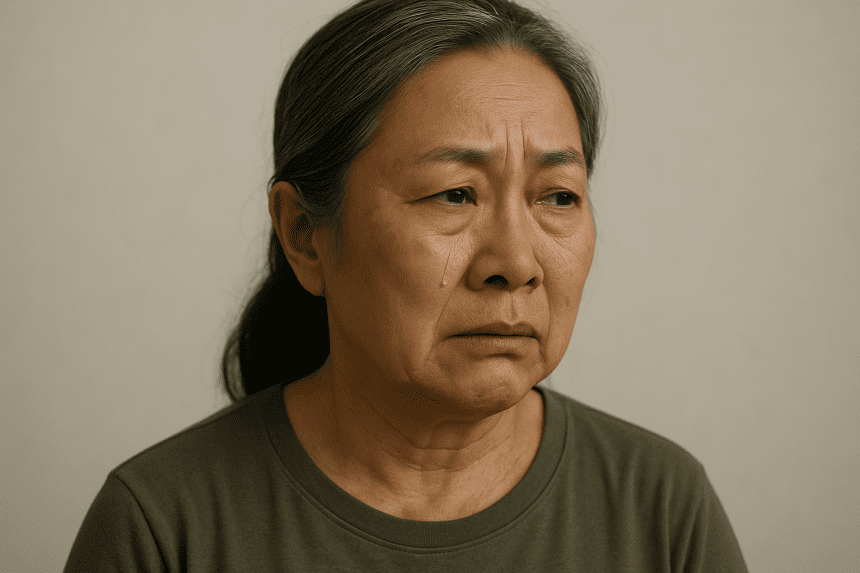Japan’s Supreme Court has ruled the 1948 Eugenics Law, which was in effect until 1996, unconstitutional , paving the way for compensation and an institutional apology to those who suffered forced sterilization.
This is not just a legal precedent. It is a cry for vindication — but also a reminder: that Discrimination against people with disabilities is not always blatant. It can be institutional. Invisible. Normalized.
The issue is not just Japanese.
This case touches the whole world. In European countries, even today, there is pressure for “medical supervision” of the reproduction of people with mental disabilities. The justifications change — the “interest of the child”, the “difficulty of care”, the “risk of parental insufficiency”. The result, however, remains the same: removal of the self-evident right to bodily self-determination .
When the body becomes a political field
Sterilization without consent is not only a violation of rights. It is a brutal act of exclusion from the “human right to the future.” It is the point where disability and oppression intersect , with the medical mask masking ideological barbarity.
And now what?
Japan, albeit slowly, is moving towards a final cleansing. But for thousands of victims, there is no going back. There is only the responsibility of collective memory . And the opportunity to stand up against any policy that sees people as problems to be managed.











